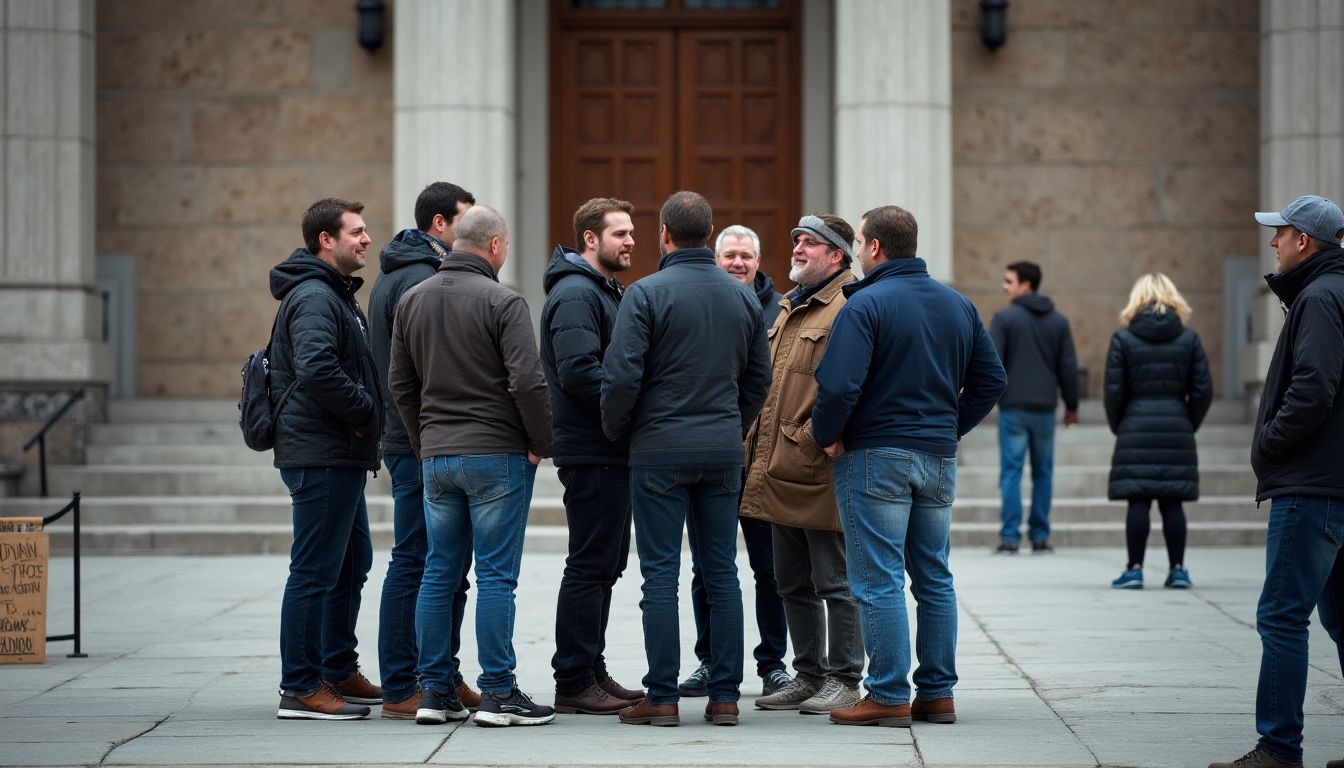Table of Contents
The recent acquittal of five former members of Canada’s world junior hockey team, accused of sexual assault, has sent shockwaves through the southwestern Ontario community where their trial unfolded. This case, marked by the high-profile nature of the defendants, has ignited a crucial conversation about consent, accountability, and the legal system’s handling of sexual assault cases. But what does this verdict mean for the community and for the ongoing dialogue about these sensitive issues?
Overview of the Case and Verdict
The acquittal of Michael McLeod, Carter Hart, Alex Formenton, Dillon Dube, and Callan Foote has sparked a whirlwind of reactions. Justice Maria Carroccia of the Ontario Superior Court ruled that the complainant’s testimony lacked credibility, pointing out inconsistencies in her account and her level of intoxication at the time of the incident. This ruling not only cleared the players of wrongdoing but also raised important questions about the complexities involved in legal battles over sexual assault.
The incident took place in the early hours of June 19, 2018, in a hotel room, but it didn’t come to light until 2022 when reports emerged about a settlement involving Hockey Canada and the players. The court’s findings indicated there was no physical force or threats during the encounter, framing the outcome as one of consent rather than coercion. But does that really capture the full picture of what happened?
Public Response and Community Impact
The community’s response has been nothing short of divisive. Supporters of the complainant gathered outside the courthouse, highlighting the emotional fallout from the verdict. Many expressed feelings of disappointment and frustration, emphasizing the urgent need for ongoing discussions about sexual assault and better support for victims. “It’s about solidarity,” said Stephanie Richardson, a participant in the rally, underscoring the vital role of community in tackling such sensitive topics.
On the flip side, the defense team celebrated the ruling as a clear vindication of their clients, pointing out the negative impact that the public narrative surrounding the case has had on the players’ reputations and careers. David Humphrey, representing McLeod, raised concerns about the “one-sided narrative” that emerged from the lawsuit, suggesting it has skewed public perception and misrepresented the facts. How can we ensure that narratives around such serious allegations remain fair and balanced?
Legal and Societal Implications
This case highlights the persistent challenges in addressing sexual assault allegations within our legal framework. The ruling underscores the importance of credible evidence and the intricacies surrounding consent. As public opinion continues to navigate these turbulent waters, we must consider the broader societal implications of cases like this one. Are we doing enough to support both victims and the accused in a fair manner?
Moreover, this acquittal raises pressing questions about the legal system’s effectiveness in dealing with sexual assault cases, where the burden of proof often falls heavily on the complainant. The call for reform and better support systems for everyone involved is more urgent than ever. Education and awareness about consent and accountability are crucial in moving forward.
Looking Ahead: The Path Forward
The societal impact of this case will undoubtedly linger, prompting essential conversations about how communities can better support victims of sexual violence and the necessary changes within the legal system. As more individuals come forward with their stories, fostering an environment that encourages transparency and accountability is vital to ensure justice is served fairly and equitably.
Ultimately, the acquittal of these players serves as a stark reminder of the complexities surrounding allegations of sexual assault and the necessity for ongoing dialogue and education on these critical issues. The legal system must evolve to address the nuances of these cases effectively, ensuring that all voices are heard and respected in their quest for justice.


